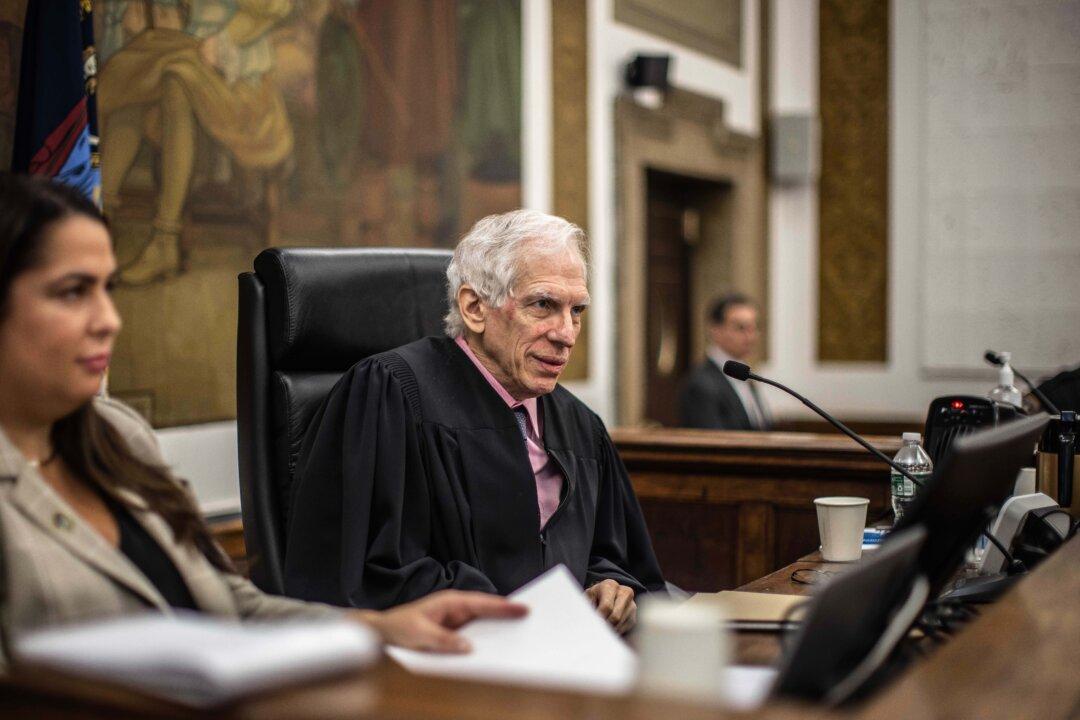The bitter argument between Trump lawyer Christopher Kise and New York Supreme Court Justice Arthur Engoron that broke out on Thursday afternoon in a room of the civil court building at 111 Centre Street in Manhattan spilled over well into Friday morning’s proceedings.
When Mr. Kise raised concerns late on Thursday about his perception of anti-Trump bias on the part of the judge and the law clerk seated beside him, Allison Greenfield, the judge responded with vituperation, prompting a long rebuttal from Mr. Kise in which the lawyer repeatedly asserted his good faith and the legitimacy of his concerns.





